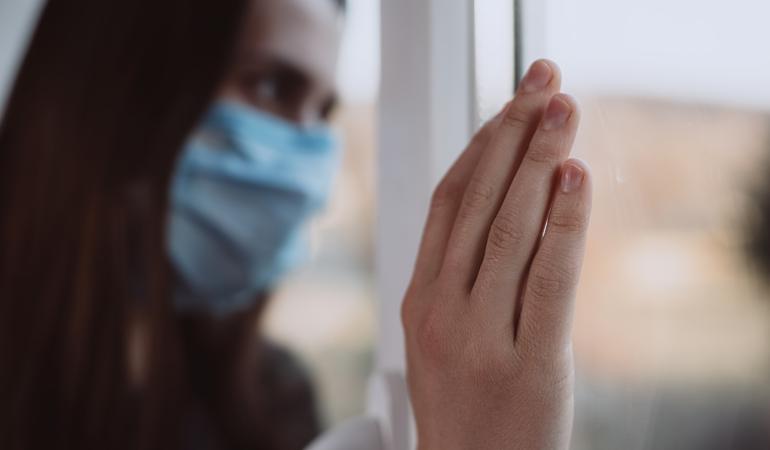
The health impact of the COVID-19 pandemic and the associated measures is perceived very differently by vulnerable groups in society. Examples include the homeless, people with mental health issues, and care avoiders. All these groups are traditionally more difficult to reach, and were not able to count on receiving the care and/or help that they need. Varying experiences were also reported as to whether the offered care that they received was sufficient. These findings are based on first-hand accounts from the first national COVID-19 monitor on mental healthcare for groups that are difficult to reach.
The aim of this monitor on mental healthcare for groups that are difficult to reach (Openbare Geestelijke Gezondheidszorg, OGGZ) is to gain insight into how the COVID-19 crisis affected the health and welfare and the care and support needs of the most vulnerable people living in the Netherlands. The monitor clearly showed the vulnerable position of workers from central and eastern Europe, undocumented migrants, status holders and refugees during the pandemic. Some people in these groups reported losing their income and housing. In addition, there were problems with addiction and mental and physical vulnerability.
Changed availability of care led to more stress and anxiety
The first-hand accounts also showed that vulnerable groups of people were affected by the changed structure of the healthcare system during the COVID-19 pandemic. They also faced changes in availability of and access to assistance and care. For five of the interviewed people dependent on care, including vulnerable elderly people and those living independently with a mental or physical disability, their care was temporarily downscaled or discontinued. Stress and anxiety increased as a result.
Lockdowns also brought more peace and quiet and more attention
Individuals who needed less care and assistance reported feeling an increase in mental calm and space. Because all of society was temporarily compelled to practice social isolation, some people actually felt less excluded. Homeless people were offered more care, attention and shelter options. This was generally perceived as very welcome.
About the COVID-19 OGGZ monitor
This report marks the start of development towards a national monitor of mental healthcare for groups that are difficult to reach (OGGZ) measuring the impact of the COVID-19 pandemic on the health and welfare and the care and support needs of the OGGZ target group. In future, these qualitative results from the first monitor can be supplemented by quantitative data in order to gain a better overview of this target group.
This national COVID-19 OGGZ monitor and the resulting report is part of Health Research for COVID-19, a GOR Network research programme. Read more about the OGGZ monitor in the GGD GHOR news item (in Dutch).